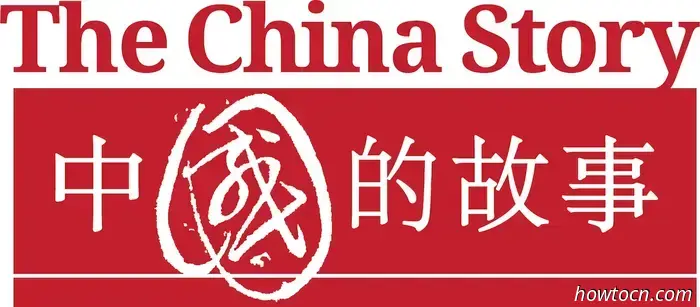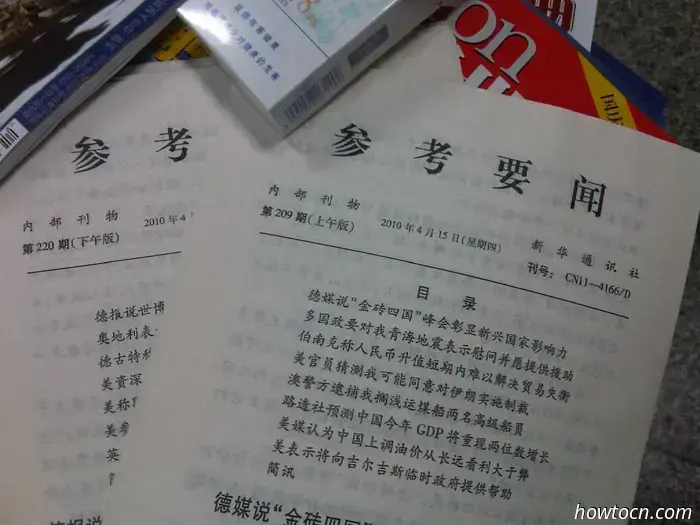
In April 2024, the Taiwan Constitutional Court conducted a hearing to determine if the death penalty infringes upon constitutional human rights guarantees. On September 20, it decided to maintain the death penalty, introducing some new safeguards regarding its application. A coalition of abolitionist NGOs, led by the Taiwan Alliance to End the Death Penalty (TAEDP), has campaigned against capital punishment for two decades, yet numerous polls have consistently shown significant public resistance to abolishing it.
Recently, Taiwan has made strides in human rights, including the legalization of same-sex marriage, becoming the first Asian nation to do so. The TAEDP had anticipated that the country would also abolish the death penalty entirely. Supported by international human rights organizations like Amnesty International Taiwan and the World Coalition Against the Death Penalty, the TAEDP submitted multiple appeals to the court since 2006 on behalf of thirty-seven individuals on death row, all without success. Their latest appeal contended that the death penalty was unconstitutional due to the judicial deficiencies at the time these individuals were sentenced, arguing that considerations like the context of the criminal act and the defendants’ social backgrounds were not taken into account. Among the thirty-seven inmates sentenced to death, twenty-three were convicted of murder, while nine were convicted of robbery with murder, with eight of those cases also involving sexual assault. If these cases were judged today, many of these individuals might have received life sentences instead of the death penalty, highlighting the high stakes involved.
The TAEDP speculated that the court was finally open to considering the constitutionality of the death penalty, at least in part due to the political context – the recent presidential election was over, with the next one two years away, allowing the court to rule without concern for political backlash. Moreover, the current court's composition of fifteen justices is the most liberal Taiwan has seen.
The court had five key factors to consider. Taiwan's Central News Agency summarized them as follows: (1) the argument that the death penalty infringes upon the right to life and equality, contradicting the principle of proportionality; (2) the prevailing public support for the death penalty; (3) the violation of a United Nations civil rights treaty regarding the right to life and the prohibition against torture or cruel treatment as detailed in the International Covenant on Civil and Political Rights (ICCPR), which Taiwan ratified in 2009; (4) the contention from retentionists that the Constitutional Court should not decide the death penalty's fate and that the Legislature should have the final say; and (5) evidence suggesting the death penalty does not deter crime.
Although this summary captures the main legal arguments regarding the death penalty in Taiwan, it does not encompass the entire picture. Recently, Taiwan's standards for death penalty rulings have become more stringent, reflecting the nation’s increasing democratization. Since 2000, the execution rate has been low, with no executions recorded since 2020, signifying a de facto moratorium. Crimes must meet the 'most serious crimes' criteria outlined in international treaties and be confined to 'intentional killing resulting in loss of life,' requiring evidence of direct intent. Judges must also adhere to ten sentencing factors stated in Article 57 of the Criminal Code, such as the motive behind the crime and the character of the defendant. The likelihood of rehabilitation must also be demonstrated when imposing the death penalty, necessitating proof that the individual is 'beyond rehabilitation.'
On September 20, 2024, the court ruled that the death penalty is constitutional, but only for the 'most serious' crimes of intentional killing. The ruling directed judges to consider factors such as intent, motive, means, the extent of participation, and the accused's ability to defend themselves before sentencing. It additionally prohibits the death penalty for individuals with mental disorders or deficiencies, reversing current practices by ensuring that only those who can prove their mental conditions affected their judgment at the time of the crime may receive a reduced sentence. Any laws conflicting with this ruling must be amended within two years. However, the court maintained that the death penalty remains a 'necessary' retributive measure for heinous crimes and to achieve a deterrent effect. The responses to the court's ruling were mixed: the TAEDP welcomed the acknowledgment of the flaws in the death penalty but expressed disappointment at its retention, while retentionists argued that by tightening standards, the court had effectively abolished the death penalty without legislative approval.
While the court has made its ruling, it is important to look beyond legal arguments to understand the significance of the death penalty debate. The discussion around the death penalty in Taiwan has been framed by legal scholars since at least 2004, presenting two conflicting value systems: one that is local and traditional, grounded in cultural beliefs, and another perceived as superior and civilized based on international human rights laws. Phrases like 'the murderer must die for the murder act' are argued to have roots in traditional religious beliefs and are reflected in

The lives of Africans in Guangzhou have been adversely impacted by China's stringent visa and residency regulations, as well as police oversight. This includes direct visa checks that could result in deportation, and indirect monitoring in shopping malls where Africans conduct business, the hotels they occupy, and the community committees in their residential areas. The majority of African importers possess thirty-day tourist visas or visitor visas that last one to two months, which are inadequate for placing orders, waiting for factory deliveries, and managing shipping processes. Only a small percentage have managed to secure longer residency permits (up to one year) to operate cargo businesses or stores in China. Some individuals are residing there illegally, either on fraudulent visas (sometimes issued by deceitful visa agencies) or by overstaying due to a lack of funds to purchase a return ticket.

Thank you for engaging with the China Story. The moment has arrived for us to part ways. The website will cease updates starting February 2025.

A common saying regarding communist regimes is that their leaders tend to overlook the intelligence provided to them. Martin Dimitrov explores the different internal reference materials under Xi and asserts their ongoing importance. In China, similar to other communist regimes, there are two categories of media: one that is publicly available and another that is restricted, accessible solely to regime insiders with the necessary clearances. This second category, referred to as neibu 内部 or 'internal circulation,' has not been as thoroughly examined by scholars.

As US TikTok users seek solace in an alternative Chinese app named Xiaohongshu, we explore the app's background, its distinctive features, and its growing global impact.

Chinese digital nationalism is experiencing a notable rise. A significant indication of this is the increasing public interest in cultural heritage across the nation, particularly among younger generations. They showcase their passion through the enthusiastic purchase of heritage items, such as traditional Hanfu 汉服 fashion, which includes the classic skirt known as mamianqun 马面裙 and the cheongsam, a widely recognized women's dress style from the early 20th century, also referred to as qipao. As reported by Alibaba’s digital marketing platform, in January 2024, sales of mamianqun rose by nearly 25 percent, while cheongsam sales increased by over 31 percent.
-Science-Fiction-The-China-Story.png)
In April 2024, Nymphia Wind, a drag queen from Taiwan, made history as the first East Asian winner of RuPaul's Drag Race. Clips of her in a shimmering golden outfit gained widespread attention online, bringing Taiwan into the global media spotlight and establishing her as a kind of queer representative for Taiwanese authenticity to the world. As she humorously noted, this role can be compared to a wai jiao guan 外焦官 – ‘external banana official’, a play on words with the term for 'ambassador' 外交官.
In April 2024, the Taiwan Constitutional Court conducted a hearing regarding the potential violation of constitutional human rights guarantees by the death penalty. On September 20, it decided to maintain the death penalty, introducing some new safeguards for its application. Although a coalition of abolitionist non-governmental organizations (NGOs) and research institutions, spearheaded by the Taiwan Alliance to End the Death Penalty (TAEDP), has spent twenty years campaigning for its abolition, numerous polls have consistently shown significant public resistance to eliminating the death penalty.